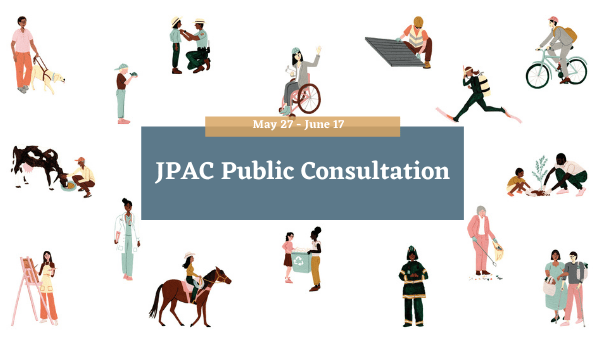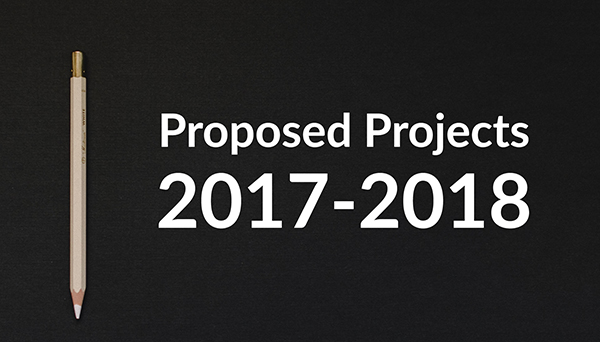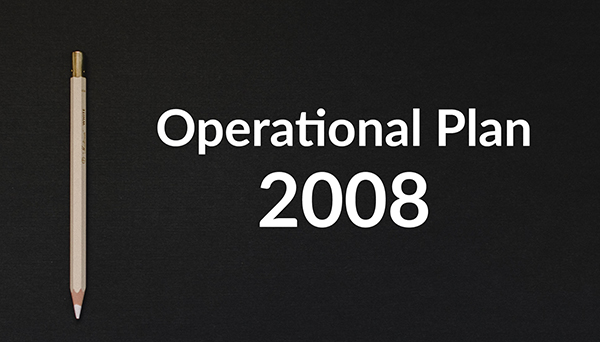Public Comments on the Perception of an Inherent Conflict of Interest in the NAAEC
On 5 November 2004, the Joint Public Advisory Committee (JPAC) of the Commission for Environmental Cooperation (CEC) solicited public comments on the perception of an inherent conflict of interest in the North American Agreement on Environmental Cooperation (NAAEC).
Initially, the issue was raised in JPAC Advice 03-05 on limiting the scope of factual records and the review of the operation of CEC Council Resolution 00-09 related to Articles 14 and 15 of the NAAEC, which stated the following:
Further related to this matter is an emerging perception of Council being in conflict of interest. This was most recently clearly stated in the public meeting where is was noted that “Council is having a hard time differentiating their role-when they are acting as a Council and when they are acting individually as Parties.” JPAC was specifically asked by the public to raise this issue with Council.
During its regular session, held on 4 December 2003, JPAC discussed this complex issue. While this may indeed reflect a structural challenge within the NAAEC itself, with regards specifically to the citizen submission process, JPAC is concerned that the influence of the Parties is being reflected in Council decisions. JPAC considers this to be of sufficient concern as to warrant further analysis. Following this analysis, JPAC will develop an opinion on how best to proceed to address this matter and will advise Council accordingly.
In its response to the JPAC Advice 03-05 dated 3 June 2004, the Council stated:
Your advice also raises concern regarding a Party’s potential conflict of interest under Articles 14 and 15 as a member of the Council and as an individual Party. The Council understands you will be analyzing this matter more fully in the future. Should you indeed decide it to be necessary to analyze this matter more fully in the future, it will be important to bear in mind that the Parties have a duty and an obligation to carry out their responsibilities as set out in the NAAEC. The Council is very cognizant of the challenge presented by its decision-making roles in the public submission process and for this reason it takes great care to exercise its various responsibilities in strict accordance with the agreement.
At the JPAC Regular Session held in June in Puebla, JPAC agreed to extend the analysis to the NAAEC structure and not to limit this issue to Articles 14 and 15. JPAC further decided to commission a report on this issue and hired Gustavo Carvajal, a lawyer from Mexico, to prepare it. At its last regular session held in Montreal on 27 and 29 October 2004, JPAC decided to solicit comments from the public on this issue and to offer the report prepared by Mr. Carvajal, entitled “Inherent conflict of interest built into the North American Agreement of Environmental Cooperation” as a background document for this review. The report presents an analysis of the issue and recommendations on ways to create a balance between when Council members and their Alternative Representatives are acting as representatives of their governments (Parties) or as Council. This report does not necessarily represent the opinion of the JPAC.
JPAC will now discuss the issue; including any comments received from the public, and will decide on whether or not to provide advice to Council on this matter.

Related Documents
Past Consultations

Have Your Say: Public Consultation on the CEC’s Community-Led Environmental Education Initiative for Biocultural Heritage Protection
2024

Public consultation on new CEC project to create a Communities for Environmental Justice Network in North America
2022

Call for Indigenous Case Studies: Knowledge Dialogue on Indigenous Knowledge in Water Management
2022

JPAC Public Consultation on new CEC project to advance supply chain transparency in North America
2022

















At the JPAC Regular Session held in June in Puebla, JPAC agreed to extend the analysis to the NAAEC structure and not to limit this issue to Articles 14 and 15